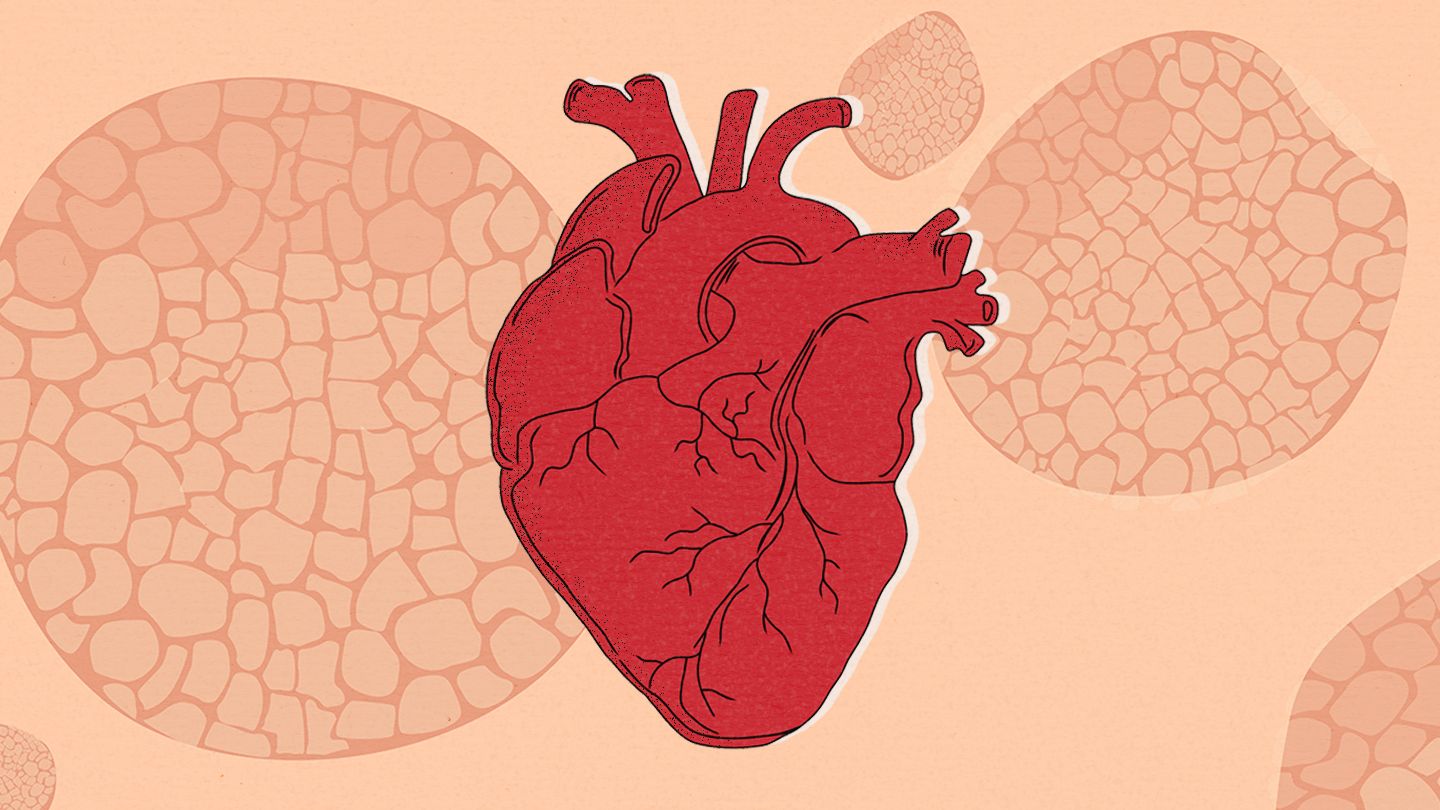- Atherosclerosis is a complication of the hardening of the arteries due to the development of plaques. It is more likely to develop among people with hypertension, diabetes, high cholesterol, and the ones with the habit of smoking.
- The condition causes pain or cramps in the legs or chest, becoming the leading cause of illness and death in the United States.
What Is Atherosclerosis?
Atherosclerosis is a type of cardiovascular disease that makes arteries harder. It happens because a fat-like substance called plaques builds up inside the arteries, making them hard. So what is the problem if arteries become hard? Hard arteries resist the flow of blood through them. So leaving them untreated can increase the risk of stroke or even increase the risk of rupturing.
A thin layer of cells called endothelium is present inside the artery that is responsible for smooth blood flow. Atherosclerosis damages this endothelium layer, causing the substances like cholesterol or plagues to deposit inside the artery. This deposition of substances makes the arteries hard, resisting the flow of blood.
Leaving it untreated can increase the amount of substance deposited inside the artery, leading to atherosclerosis complications. However, as arteries are blood vessels that carry oxygenated blood to the body parts, any complications can lead to insufficient oxygen to the infected organ.
Atherosclerosis Symptoms: How Does It Feel?
The atherosclerosis symptoms vary with the type of artery it affects. Atherosclerosis can develop in any artery. As arteries are blood vessels that are responsible for carrying oxygenated blood, any complications in these arteries can be life-threatening.
Depending on the place and function of the artery, the patient may feel atherosclerosis symptoms.
Carotid arteries:
Such arteries’ function is to supply oxygenated blood to the brain. If atherosclerosis occurs in this artery, it can lead to a stroke, including the following possible symptoms:-
- Paralysis
- Weakness
- Difficulty while breathing
- Severe headache
- Vision loss
- Facial numbness
Coronary arteries:
The function of these arteries is to supply oxygenated blood to the heart. Atherosclerosis such artery can lead to angina, heart attack, or the following symptoms:-
- Vomiting
- Extreme anxiety
- Chest pain
- Upper body pain
- Arrhythmia
- Coughing
- Feeling of faint
Renal arteries:
Renal arteries’ function is to supply blood to the kidneys. If this artery gets affected with atherosclerosis, it can cause a severe risk of developing chronic kidney disease and may cause the following consequences:-
- Loss of appetite
- Swelling of the hands and feet
- Difficulty in concentrating
- High blood pressure
- Kidney failure
Sometimes, men with severe atherosclerosis may also experience erection difficulty. You may think about how cardiovascular complications are related to erection. But in some extreme cases, clogged arteries can be a reason for the development of erection difficulty. However, such men often choose Vidalista for a better erection.
If you are thinking the same, then you should know it’s a mistake. Vidalista, being a PDE5 inhibitor group of medicine, can cause harm to men with cardiovascular complications. Therefore, if you feel difficulty in erection, consult your doctor first and do not try to self-medicate (Vidalista).
What Are The Major Complications Of Atherosclerosis?
Atherosclerosis is a severe condition. Leaving them untreated can lead to several other heart complications. Further if ignored, these conditions can affect other organs, such as improper use of insulin, causing diabetes, difficulty in erection, and breathing. There are a lot more other complications, such as:-
-
Heart failure:
Atherosclerosis increases the blood pressure due to the blockage of an artery, which can lead to an uneven flow of blood to the body parts, including the heart, and can result in heart failure.
-
Heart attack:
It is a medical condition in which the supply of oxygenated blood becomes blocked, causing life-threatening.
-
Kidney Failure:
Due to insufficient supply of oxygenated blood, body organs do not function well with the kidney, which further leads to kidney failure.
-
Aneurysm:
It is a condition in which the walls of an artery bulge that can sometimes cause bursting and can also lead to fatal internal bleeding.
-
Stroke:
A stroke is a condition of insufficient supply of oxygenated blood to the brain due to a blockage, causing brain cells to die.
-
Arrhythmia:
Due to circulatory fluctuations, atherosclerosis can lead to abnormal heart rhythms and palpitations.
-
Erection Difficulty:
Men with severe atherosclerosis symptoms often face difficulty with erection. However, some men try to self-medicate themselves through pills like Vidalista. They may not know some limiting facts about Vidalista, such as it can cause some severe complications in people with cardiovascular complications.
If you learn more about Vidalista or any such pills, you will understand how severely such medicines can harm people, especially heart patients.
Firstly, consult your doctor immediately once you experience any atherosclerosis symptoms. Leaving it untreated will definitely lead to other complications. Additionally, if you start self-medicating yourself it can be life-threatening.
